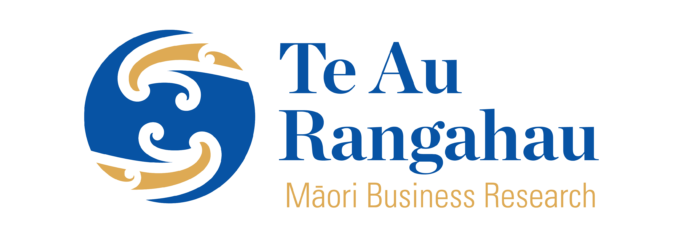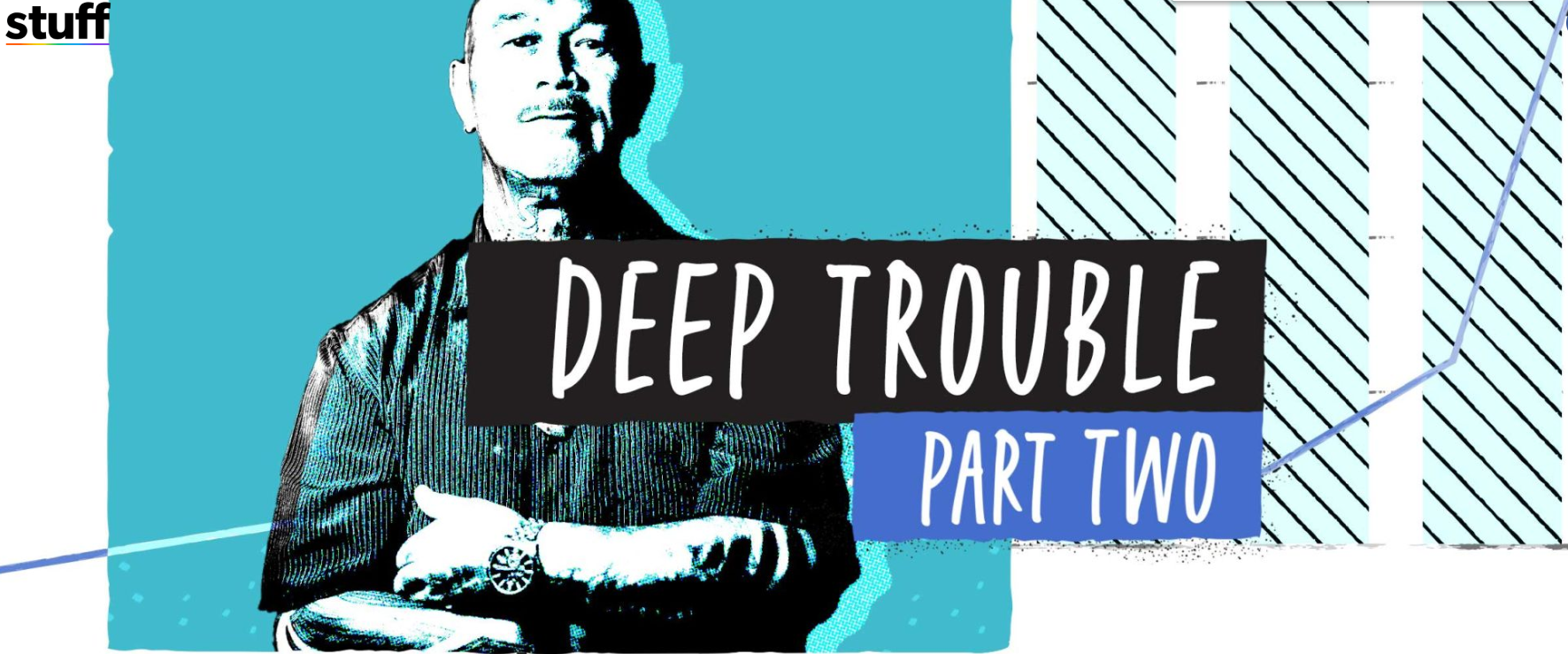As the number of people out of work continues to grow, many households and communities will face problems they have not known before. For some, it will make an already difficult existence even harder.
A three-part Stuff investigation details the shape of the crisis now, how it will grow and what it means for a welfare system suddenly under intense scrutiny.
…Māori economist Matt Roskruge says institutional racism will almost certainly rear its head as the redundancies pile up.
Quite often Māori staff are the first to be let go for whatever reason, he says. They’re disproportionately in more precarious work, have fewer fixed hours, and work in sectors that have been disproportionately impacted.
Māori also often have barriers to opportunities, such as fewer resources, more family commitments and less ability to travel for work.
…Roskruge, meanwhile, reckons some iwi are well-positioned to invest in high growth opportunities that are currently going cheap.
“Māori companies tend to carry less debt. So there are some opportunities for the Māori economy to pick up some bargains, diversify and be well-positioned for when things inevitably get better.”
He says in the tech industry giant firms such as Google, Facebook and others are picking up a lot of cheap technology companies.
“For Covid-19, you’re really looking for pre-existing wealth or where there is capacity to borrow. There’s bargains to be had and some iwi are in excellent positions to take advantage of those bargains.”
While some iwi are in a strong financial position, Māori as a population are not.
Many iwi and social service organisations, like the Otangarei Trust, led the welfare response in their communities during lockdown and will continue to as the recession deepens.
The cruel thing about economic shocks, Roskruge says, is those who have got cash can use it to make more. People who find themselves in a more precarious position, on the other hand, become worse off.
“It tends to be quite cruel in these recessions. The recovery rewards people with resources to invest in the recovery.”
Both Reid and Roskruge agree it’s time for a change of perspective on the unemployed…
From Part Three:
…Reid says the inequities that currently exist are being magnified by the income relief payment.
It’s a wake up call to policy makers in Government to be mindful of institutional racism, he says. “Unless you’re vigilant you can easily make policy decisions that support the dominant culture in society.”
Māori economist Matt Roskruge agrees.
“It’s getting close to systematic racism. It’s knocking on the door of being blindly manufactured to disadvantage Māori disproportionately,” Roskruge says.
“Nobody has sat down and gone: ‘Well, who is this going to benefit and who is this going to hurt?’”
He says the Government probably didn’t give any thought to the possibility the payment was discriminatory.
Roskruge argues Covid-19 created a sharp shock to the economy but global markets were already starting to soften in September last year, which was having an impact on Kiwi jobs before the pandemic hit. He doesn’t think it’s fair Māori and other vulnerable workers who have lost their jobs since September are being disadvantaged.
“By introducing it to only new people who are about to enter onto the benefit you’ve systematically excluded a disproportionate number of Māori, who have already entered into Jobseeker, from accessing the higher fund.”
Policy-makers perhaps believe people who lived on Jobseeker support prior to March had already adjusted to a lowly beneficiary income, Roskruge suggests. The newly unemployed, on the other hand, would be used to a higher income so need the extra cash to adjust…


